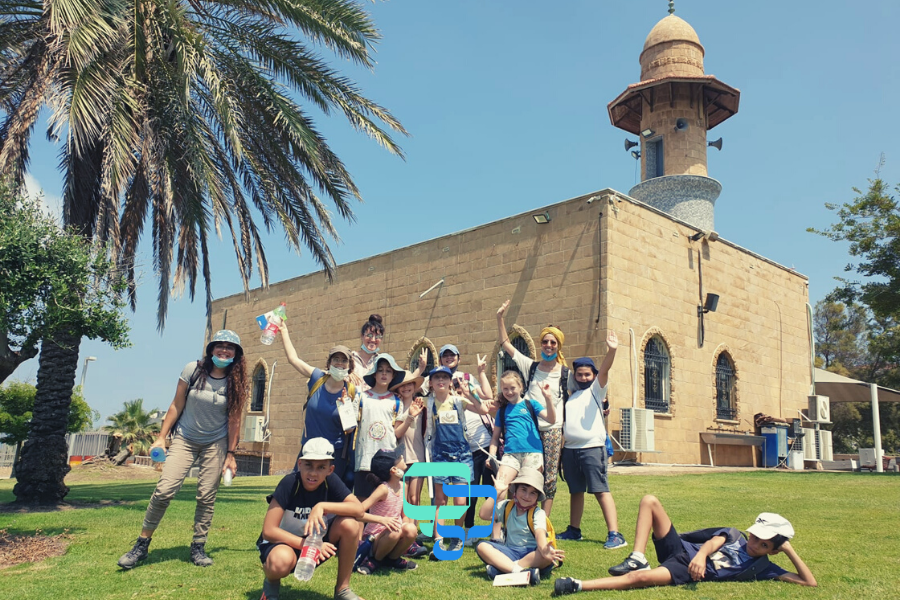
It was at the age of 20 when I realised my vocation in this world would be. At the time, I was serving in the Israeli army as a teacher of soldiers who had completed only a basic education (literacy, mathematics, etc.). I fell in love with the teaching profession and it was clear to me that I would adjust the course of my life so that sooner or later I would realise this dream for myself. I did not imagine then, that this self-realisation would take place years later in a bilingual and bi-national school, which in addition to the familiar challenges of the education system in general and working with children in particular, has one additional big challenge: Jewish-Arab partnership.
Partnership is a romantic word, and indeed there are many romantic aspects to the day-to-day work as a classroom educator with about 50% Jews and 50% Arabs.
But partnership in a place where two nations with different narratives exist that often collide with each other, in a place where power relations are difficult and even cruel - is an unparalleled complex challenge. Be it innocence or detachment from reality, to describe life in the school community (children-teachers-parents) as a glittering idyll would be a lie.
In our work, and especially around national days or dramatic events that unfortunately take place here often, we are endlessly exposed and faced with gaps in identity, with questions of self-determination in teachers and children alike. We are also faced with dilemmas about how to voice plurality, to accommodate different narratives, to introduce children to complexity, all while maintaining cultural sensitivity and making an effort not to harm any group or person. Much of the dialogue work designed to create an enabling environment in the school takes place within the teaching staff, and forces us to confront the disagreements between us as well as the power relations in society, which often flow into the teachers' room.
Alongside all the difficulty, and perhaps thanks to it, I can say confidently that in our school magic is happening. No less than that.
![]()
First, children grow up in an environment that naturally makes them tolerant, and for them living in a multicultural and binational environment is taken for granted and not as an impossible dream or a frightening and strange idea. They are exposed to the "other" on a daily basis, in an environment that sanctifies the preservation and development of the identity of each individual, and the empathy for the story and narrative of the other even if it is different or even completely opposite to mine. For me personally it is important to develop in my students the ability to think critically, which does not take anything for granted, so that they will be able to tell their personal and collective story in a way that understands the complexity of reality and is not afraid to challenge consensus.
One of the salient features of the school that I consider to have tremendous social and political significance, is the subject of language. Jewish children in “Hand in hand” schools learn Arabic as an integral and important part of the curriculum, in just the same way as they would study the Hebrew language or mathematics. They grow up in an environment where Arabic is present and receives the respect it deserves. The very fact that they are not educated in the shadow of the indoctrination I grew up with - according to which learning the Arabic language is essential only to know the enemy and be able to defend against it - but out of an attitude that it is our duty to learn the language of those with whom we share coexistence. This fact makes me sure that I am in the right place for me, and that I have been privileged to work every day in a place that has the power to produce real change.
Avigail is a teacher at the Hand In Hand binational school in Jaffa, Israel. She has been a volunteer speaker on a number of SNS school workshop tours in the UK, including to Bradford and Birmingham. You can support the incredible work of the Hand In Hand schools network here. If you'd like to bring a speaker like Avigail, alongside a Palestinian partner, into your school check out our Schools page, or email [email protected]
#HumansOfSNS